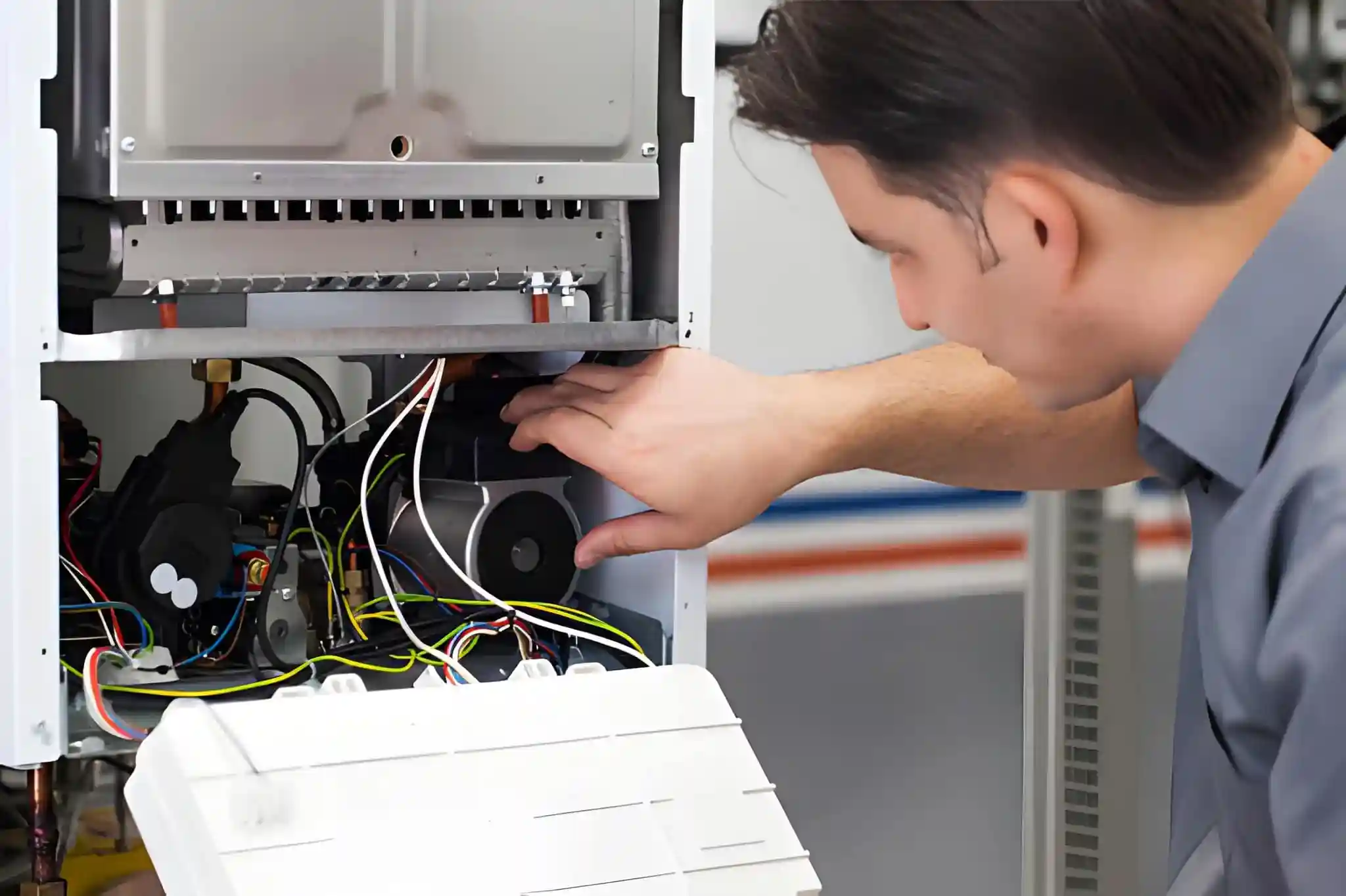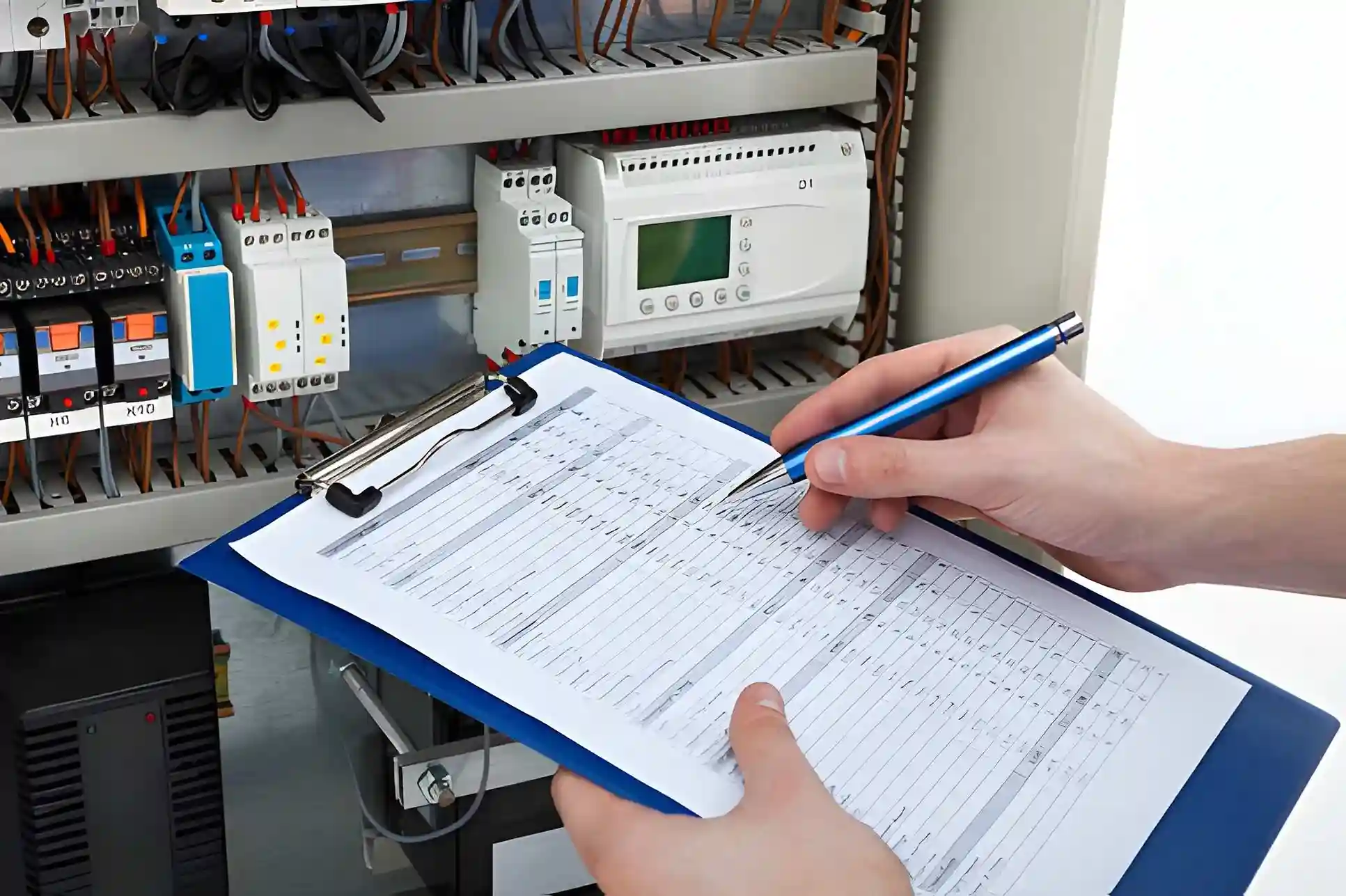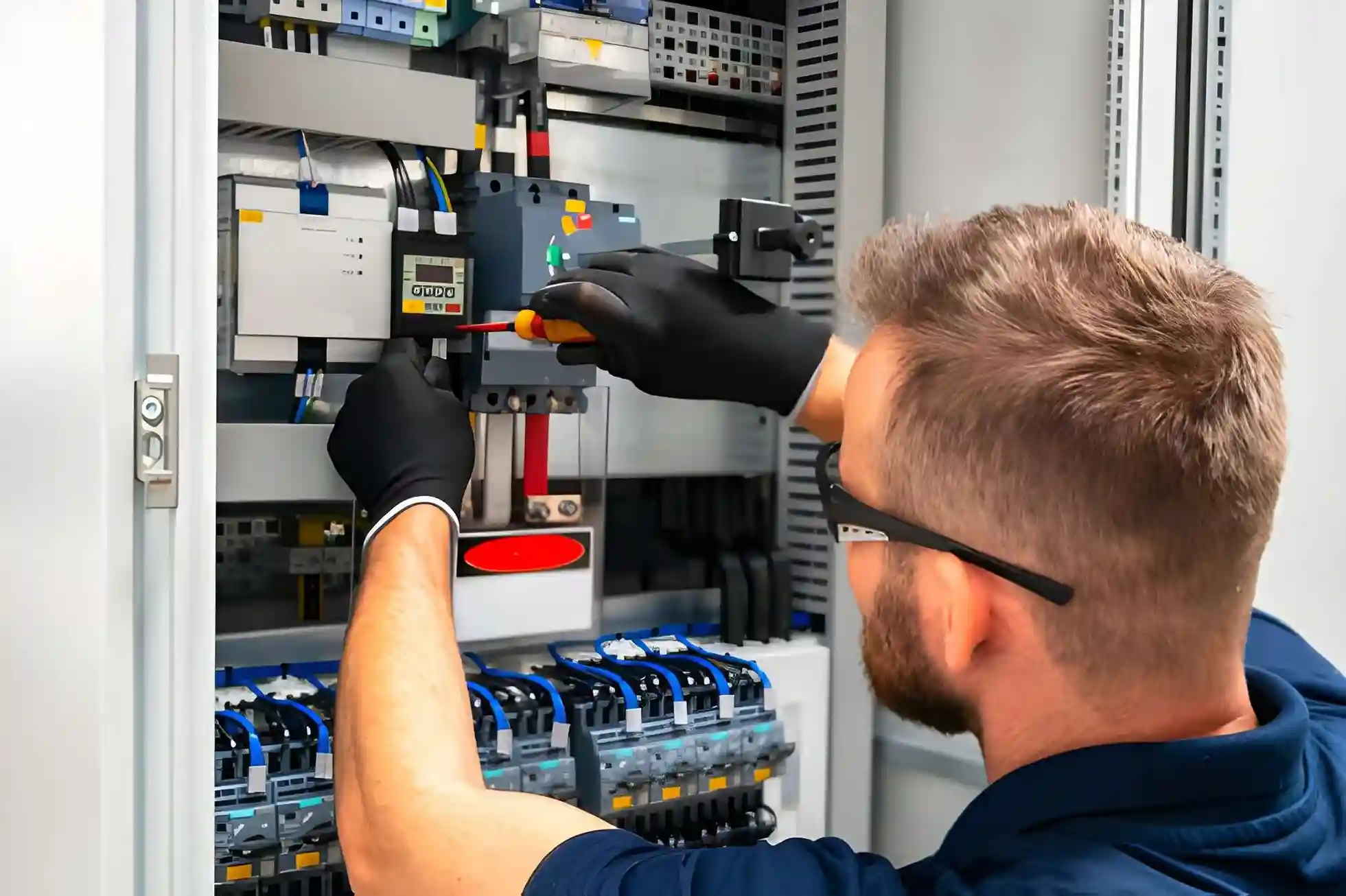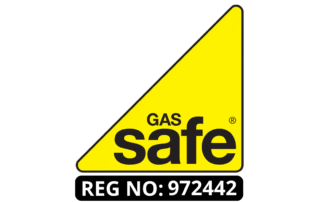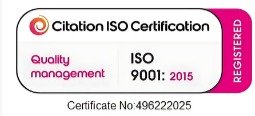
In the realm of property management and ownership, the importance of adhering to electrical safety standards cannot be overstated. EICR Certificate Services cater to this crucial need by offering thorough, compliant, and cost-effective electrical inspections. These assessments, performed by certified electricians, play a pivotal role in identifying potential hazards and ensuring installations meet rigorous safety norms.
What sets these services apart is not just their adherence to legality but their contribution to the longevity and safety of property infrastructure. However, selecting the right service provider is key, as it influences the thoroughness of the inspection and the integrity of the report provided. How does one navigate this choice, and what should be considered to ensure the selection encompasses expertise, reliability, and value?
Key Takeaways
- Services offer quick scheduling and efficient execution to minimize disruption.
- Pricing is competitive, accommodating various property sizes and complexities.
- Inspections adhere to BS 7671 standards, ensuring full compliance.
- Experienced electricians conduct thorough and reliable inspections.
- Certificates are promptly issued after inspection, facilitating legal and insurance compliance.
What is an EICR Certificate?
An Electrical Installation Condition Report (EICR) is a formal document produced by a qualified electrician or approved contractor after they have conducted a thorough inspection and testing of the electrical installations within a property.
This comprehensive assessment identifies any deficiencies against the national safety standard for electrical installations and is pivotal for maintaining electrical safety and compliance. The EICR Certificate embodies the findings of this inspection, categorizing them into coded observations that indicate the level of urgency for remedial works.
The EICR certificate cost varies depending on factors such as the size of the property, complexity of the electrical systems, and geographic location. Typically, property owners seeking an “EICR certificate near me” should expect professionals to offer clear pricing structures, often based on the number of circuits to be tested.
The process entails a detailed examination of the electrical distribution boards, cabling, sockets, and other fixtures, ensuring they meet rigorous safety standards.
Those in possession of an EICR electrical certificate can demonstrate compliance with electrical regulations, potentially influencing insurance premiums and property value.
It is crucial for property owners to understand the technical and financial implications of this certification, ensuring continuous safety and compliance.
Why is an EICR Important for Safety and Compliance?
Ensuring the safety of electrical installations within any property, an EICR is indispensable for identifying potential hazards that might otherwise go unnoticed. The Electrical Installation Condition Report (EICR) assesses the operational integrity of existing electrical systems against the British Standard for electrical safety, BS 7671. This rigorous evaluation process involves a meticulous examination of circuits, protective devices, and connectivity to unearth any signs of wear, damage, or non-compliance that could lead to electrical failures or hazards such as fires or electric shocks.
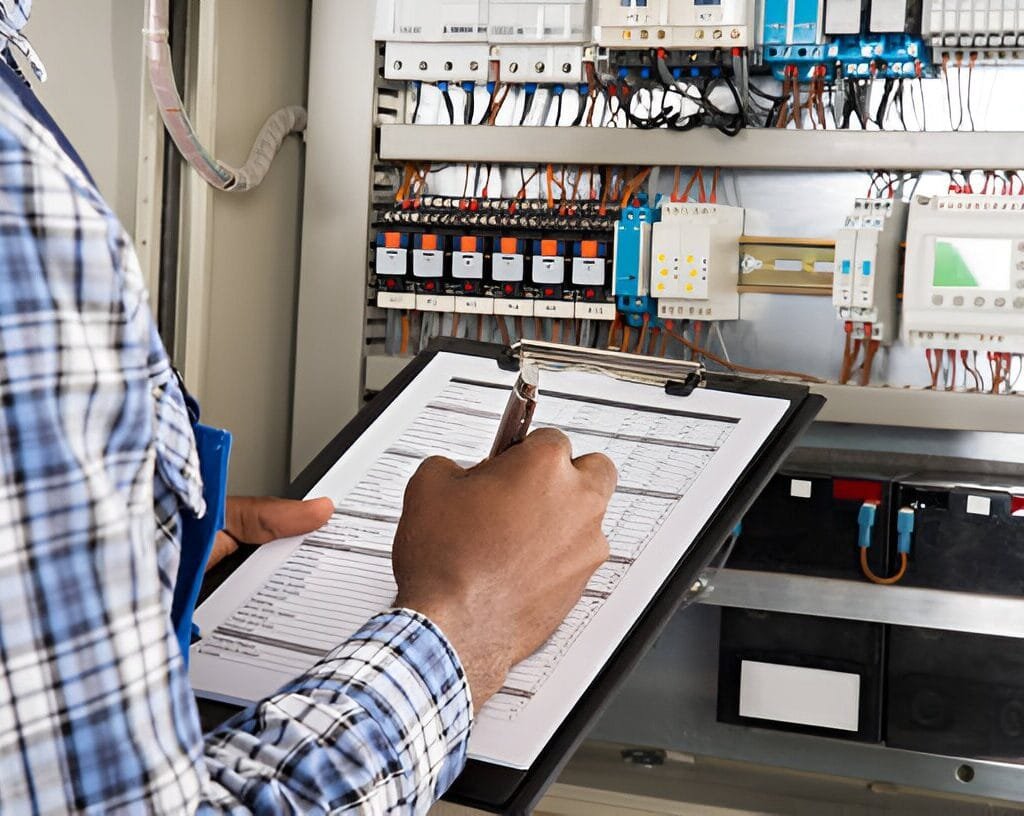
The importance of an EICR extends beyond mere detection of immediate risks. It encompasses a predictive approach by analyzing the installation’s capacity to continue operating safely under current loads, while also considering potential future increases in demand. This proactive scrutiny helps in formulating a strategic response to mitigate risks, enhance system reliability, and extend the lifecycle of the electrical infrastructure.
Moreover, compliance with legal and insurance requirements often necessitates the possession of a valid EICR. Failure to produce this documentation can result in legal repercussions, invalidated insurance claims, and potentially severe financial liabilities.
Thus, securing an EICR not only bolsters safety but also fortifies legal and financial standing.
Who is Legally Required to Have an EICR?
Landlords, commercial building owners, and public institutions are primarily the groups required by law to obtain an Electrical Installation Condition Report (EICR). This mandate is rooted in the need to ensure that all electrical installations are safe, functional, and comply with the prevailing standards of electrical safety.
For landlords, the requirements are stipulated under the Landlord and Tenant Act, which obliges them to maintain electrical safety standards to prevent harm to tenants. Failure to comply can lead to legal repercussions including fines and voided property insurance.
Commercial building owners are governed by the Electricity at Work Regulations, which demand regular inspections and documentation to confirm the safety and efficacy of electrical systems. This is critical to mitigate risks associated with electrical failures, which can lead to operational disruptions or severe accidents.
Public institutions, encompassing schools, hospitals, and government buildings, must adhere to even more stringent standards, reflecting the high volume of public interaction and the consequent potential for electrical hazards.
Compliance is monitored through periodic reviews by regulatory bodies, ensuring that these institutions maintain the highest safety protocols to protect public welfare.
What Does an EICR Inspection Involve?
Understanding the obligations and legal requirements for EICR in various sectors, it is equally important to comprehend the specifics of what an EICR inspection entails.
An Electrical Installation Condition Report (EICR) inspection is a thorough examination of the electrical systems and installations within a property. This detailed assessment is designed to identify any deficiencies against the national safety standard for electrical installations.
The inspection process involves several key steps. Initially, a qualified electrician examines the adequacy of earthing and bonding. They scrutinize the condition of the switchgear and control gear, checking for signs of wear, damage, or overheating.
The inspector also assesses the serviceability of switches, sockets, and light fittings, and tests the functionality of residual current devices (RCDs).
A critical part of the EICR is the inspection of the type and condition of the wiring system throughout the property, including an evaluation of the accessibility of concealed wires.
The electrician conducts a series of electrical tests to measure earth fault loop impedance, insulation resistance, and circuit continuity. These tests help in detecting potential electrical hazards, such as risks of electric shocks or fire.
How Often Should You Get an EICR?
The frequency of obtaining an Electrical Installation Condition Report (EICR) varies depending on several factors, including the type of property, its usage, and the condition of its electrical installations. Ensuring the electrical safety and compliance of a property is paramount, and adherence to recommended EICR intervals is a critical component of this process.
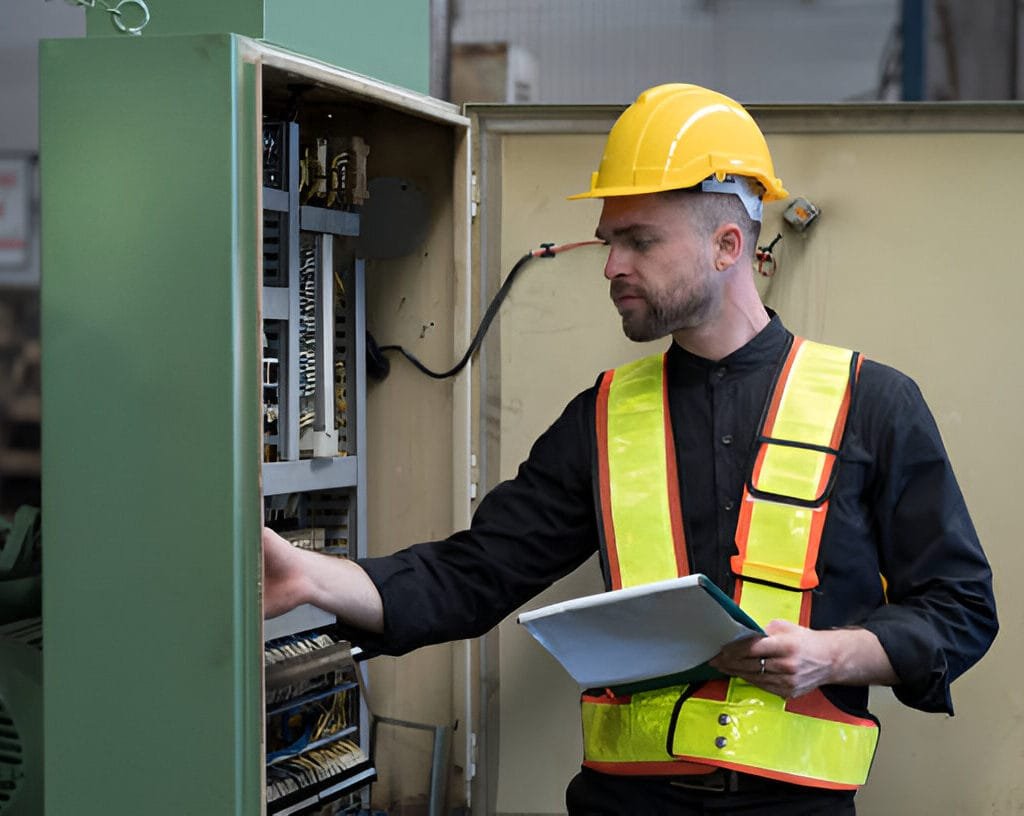
The guidance for EICR frequency is detailed but varies significantly across different types of properties and their specific uses. Below is a precise table summarizing these recommendations:
| Property Type | Recommended Frequency |
|---|---|
| Rented homes | Every 5 years or change of tenancy |
| Commercial buildings | Every 5 years |
| Industrial premises | Every 3 years |
| Public use properties | Every year |
| Homeowner-occupied | Every 10 years |
For environments with high levels of moisture or dust, or where there are known issues with the electrical system, more frequent inspections are advised. Compliance with these intervals not only ensures safety but also enhances the longevity and efficiency of the property’s electrical systems. Property owners should consult with certified electricians to tailor the EICR frequency to their specific circumstances, thereby optimizing both safety and operational performance.
Conclusion
In conclusion, the Electrical Installation Condition Report (EICR) serves as a critical tool to ensure the safety and compliance of electrical systems. Regularly scheduled EICRs, tailored to the specific requirements dictated by property type and usage, are indispensable for identifying potential electrical hazards and mitigating risks. By adhering to legal standards and maintaining up-to-date inspections, property owners can significantly enhance the safety, functionality, and value of their premises, thereby contributing to overall electrical safety compliance.
